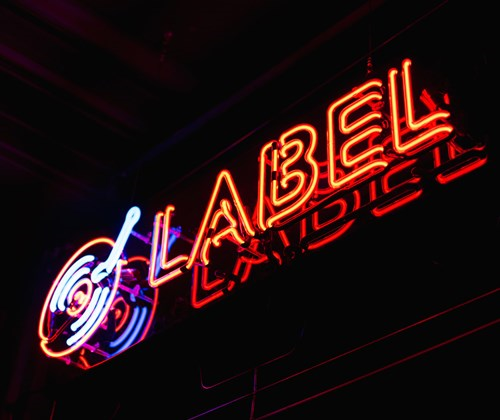Why “soft” isn’t very helpful

01 November 2017 by Steve Holliday
In my work with organisations, I often hear the labels ‘hard’ and ‘soft’ skills in reference to personal development. This business language has emerged over time; with “hard” very clearly a reference to “technical skills”, and “soft” a reference to “communication and engagement” skills.
My work is in supporting and challenging leader and team behaviours. For organisations to change, it relies on the social fabric of the company itself - what many call ‘soft skills’. How this distinction between “hard” and “soft” is held and used is an important aspect to explore.
I often hear, “oh yes, you mean those less tangible soft skills such as listening and engaging”.
I’ve explored this with various leaders and teams who have largely agreed that the term ‘soft’ implies that this important behavioural work (to listen better/have better conversations/to engage better) is somehow vague, soft and therefore secondary to ‘hard’ technical skills.
This is particularly interesting if we consider, for example, a UK Special Forces team going into battle in Afghanistan. I would hope that, having undergone extensive ‘technical training’ in handling their equipment, the team would treat their mental and emotional game (their ability to communicate and engage well) as equally important. The fact is, this ability is equally tangible and critical.
The challenge I offer is this: if you are serious about getting people to consider how their behaviour affects their daily role and the wider organisation results, then positioning communication and engagement skills, and team relationships, as being ‘softer’ and therefore less important, isn’t going to help.
Why might we use ‘hard’ and ‘soft’ though? Many reasons. Here are two:
Well, we have had 200 years of the industrial revolution and have ‘measurement’ engrained in many of our ways today. What we can and can’t easily measure perhaps leads to the use of ‘tangible’ and ‘intangible’ - which is madness really as we know instantly if someone isn’t engaging or listening, even if we can’t quantify it with a number.
Secondly, and most importantly, I notice ‘soft skills’ - and sometimes by association ‘pink and fluffy’ or “tree-hugging” - is used more as a defence routine. People are often either nervous or uncertain about reflective behaviour work, or aren’t used to opening up, which can often stem from either life experiences, and/or their personality and preferred ways of engaging. We expect this – hence the need to make it all easier.
What if we dropped ‘hard’ and ‘soft’ as labels? They are both just skills. Would they be viewed differently if we refer to them as what they are: ‘technical’ skills and ‘behavioural’ skills – as we need both.
To develop the behavioural skills, we do need to feel safe and able to open up, to be vulnerable and to share (as discussed in another post on Emotions at Work). We need to be sure our social system values these skills as much as other skills, making it more normal to explore and develop together.
If we dropped these labels, we would make it much less challenging and weird to engage in the behavioural skills work. As deeply social creatures we are already experts at it in many parts of our lives, so it’s well overdue a crossover into the workplace.
Question - What would happen if you dropped ‘soft skills’ as a label? One to experiment with…
Steve Holliday
Leadership & Organisational Change Specialist, Lacerta Consulting Service Ltd